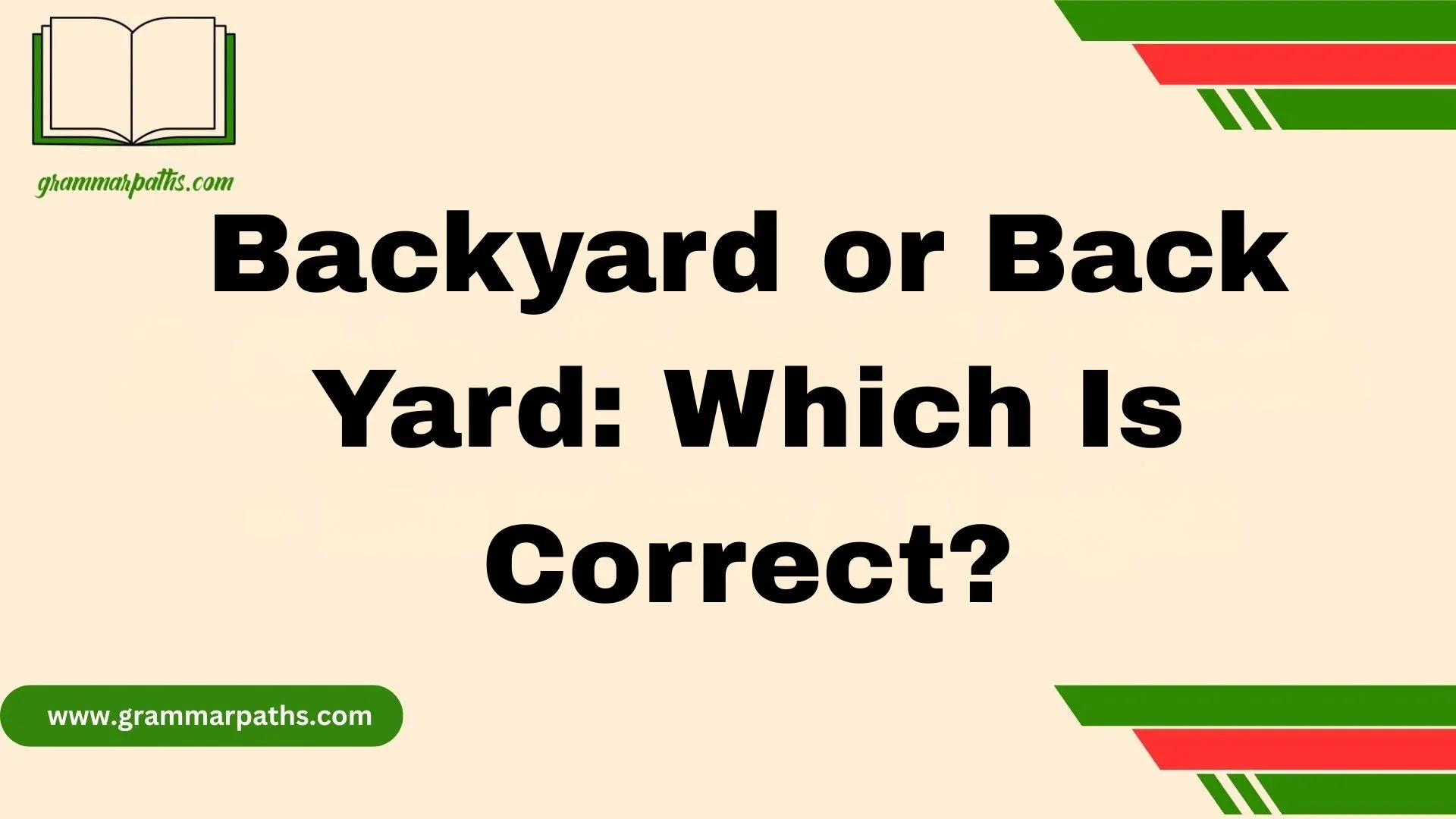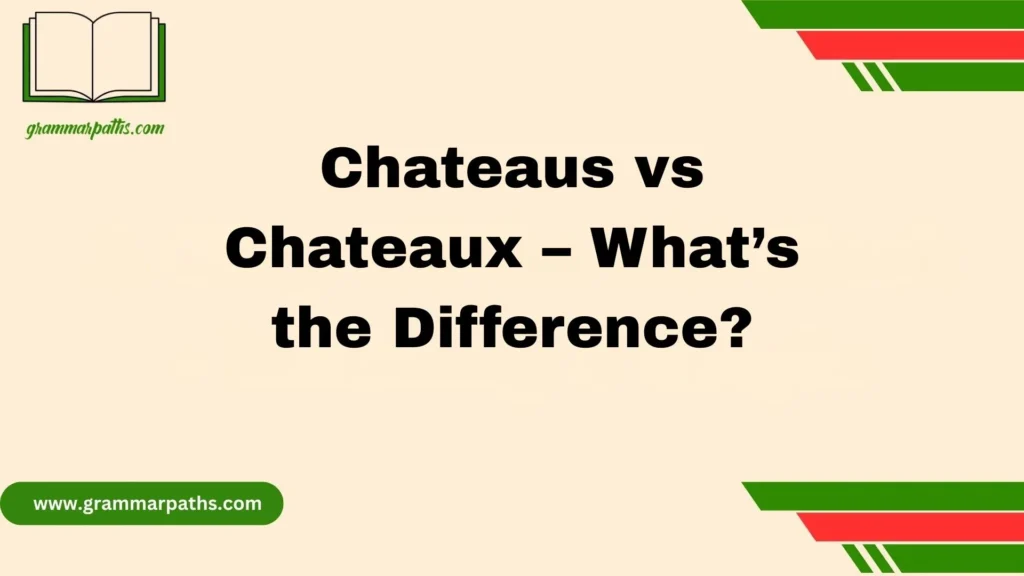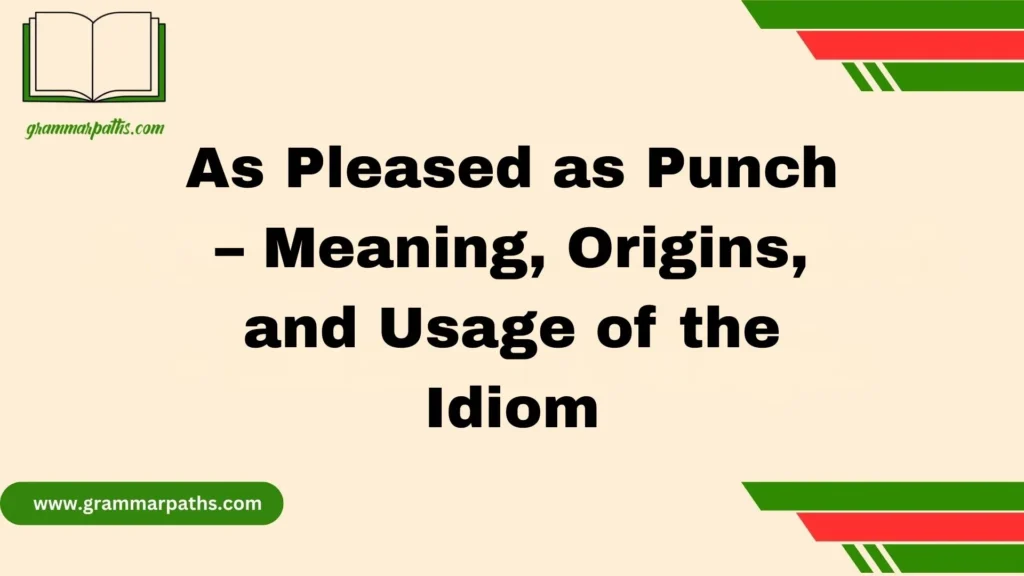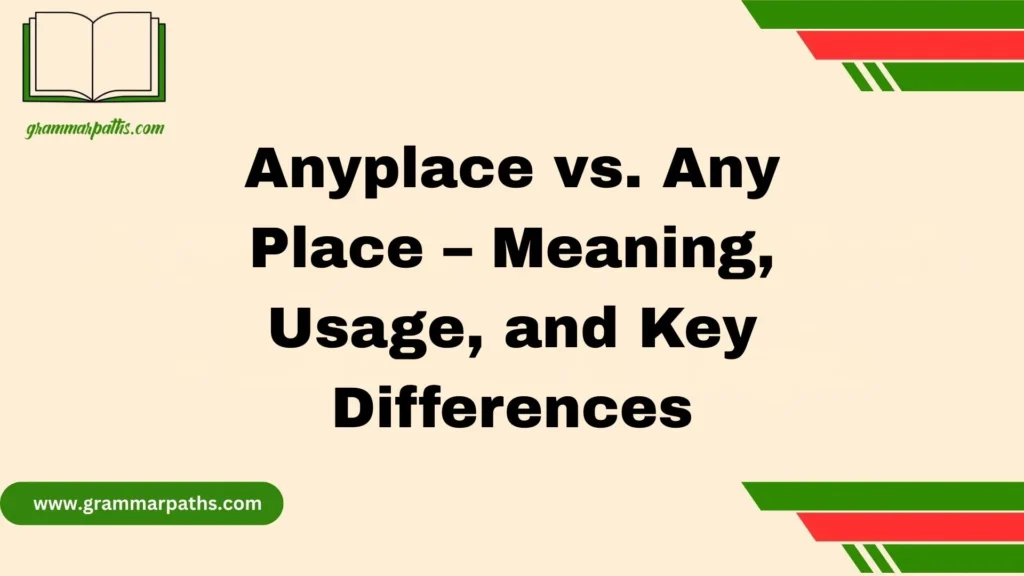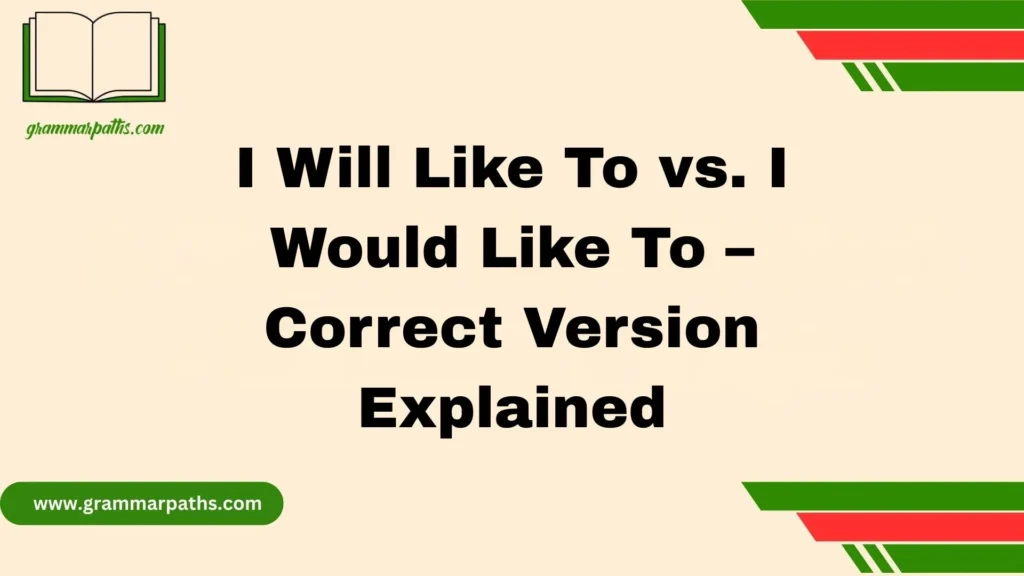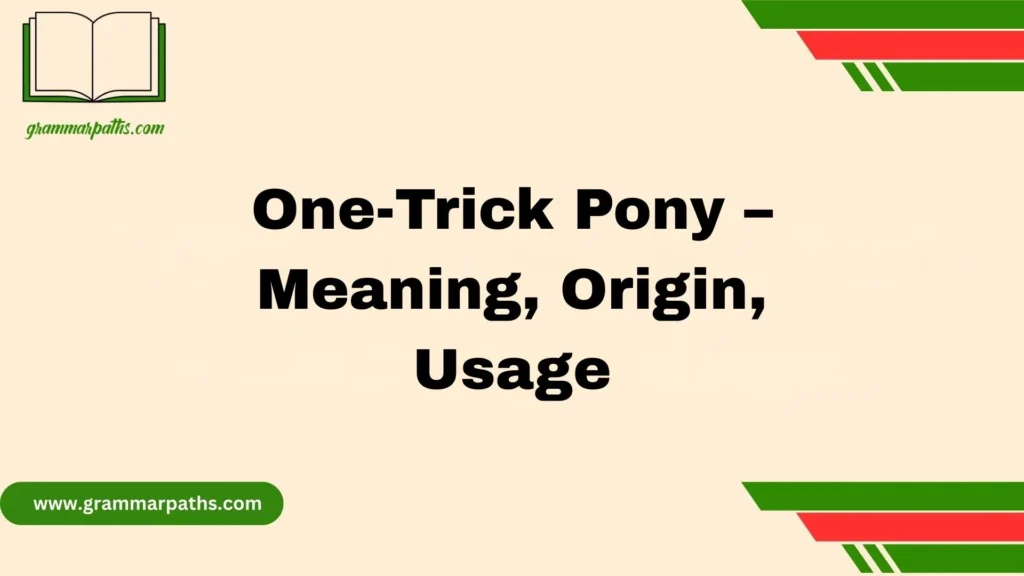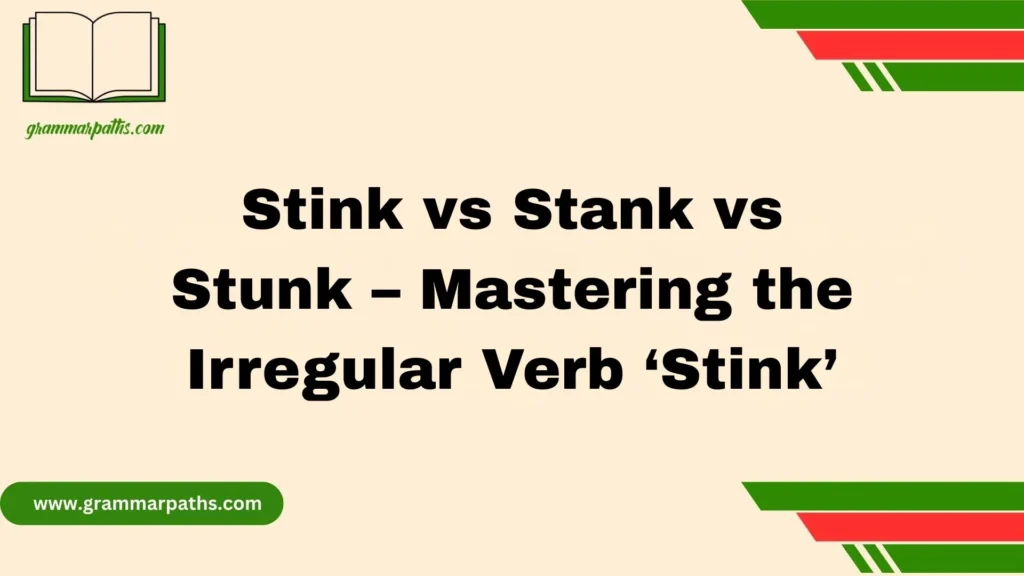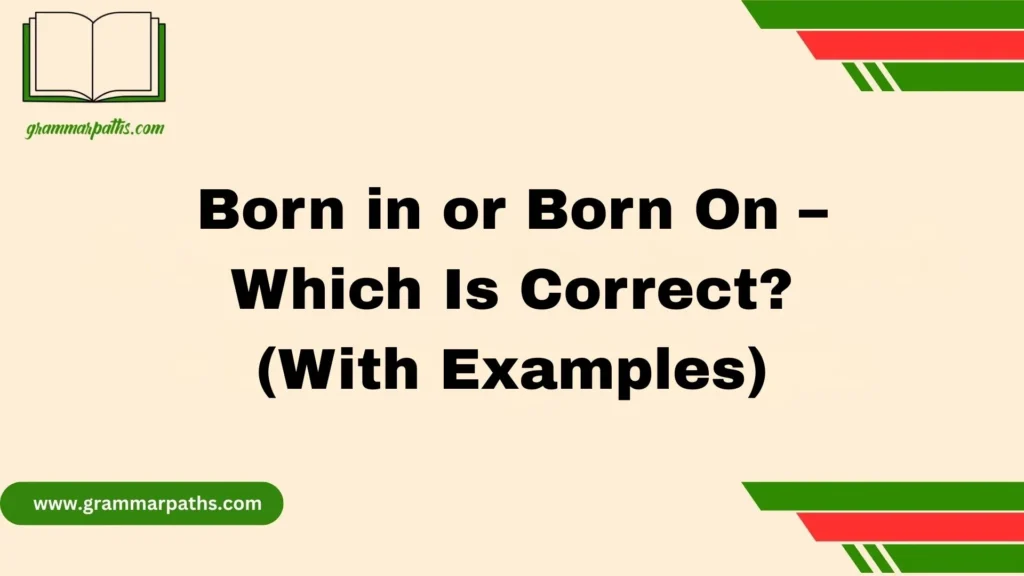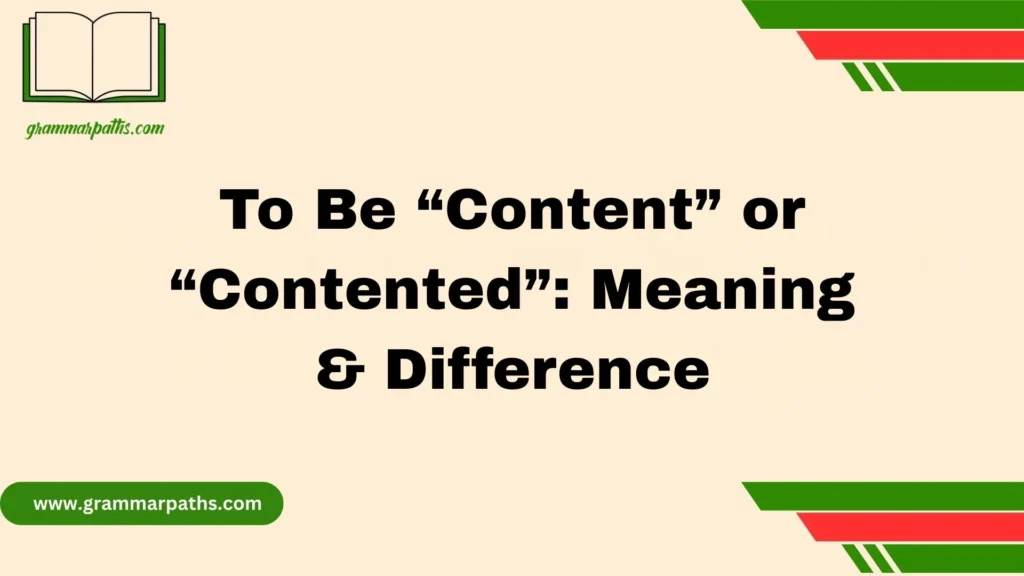When I first started editing gardening articles, I didn’t expect the confusion over “backyard” vs “back yard” to be such a recurring issue. But honestly, it shows up in writing more often than you’d think. The question of whether it should be one word or two pops up in emails, blog posts, and even published pieces. For example, while reviewing a website, I saw writers switch between both versions several times—even on the same page. That might not seem important, but in publishing, clarity and consistency matter. The phrase Backyard or Back Yard: Understanding the Correct Usage is more than a grammar choice—it’s about knowing the difference, choosing the right version, and setting a clear tone for your audience.
Both versions are correct, but each one is used a bit differently, and understanding that distinction makes your writing sharper. In American English, “backyard” (no space) is more common as a noun or adjective—like in “backyard barbecue” or “the backyard is messy.” Meanwhile, “back yard” refers to the actual area behind the home, such as when kids are playing outside. It’s a subtle but useful detail when you want to be specific. Even grammar guides and respected publications like the Washington Post tend to favor the one-word form. Still, what matters most is the meaning you’re aiming to send, and how well your audience will receive it.
What’s the Real Difference Between “Backyard” and “Back Yard”?
At first glance, these terms look like twins. But linguistically, they play different roles.
| Term | Part of Speech | Meaning | Example |
| Backyard | Noun | A defined outdoor space behind a house | “The kids played in the backyard.” |
| Back yard | Noun phrase | Emphasizes the physical “yard” at the back | “We built a shed in the back yard.” |
Here’s the key difference:
- “Backyard” (one word) is a compound noun. It refers to a specific, unified area.
- “Back yard” (two words) is a noun phrase, typically used when describing the location of a yard.
In simple terms, “backyard” is the place, “back yard” is the space.
When to Use “Backyard”
Backyard is the dominant form in modern American English, especially in informal writing and speech. It acts as a noun and refers to the defined area behind a home, often used for recreation or gardening.
Examples:
- “We had a barbecue in the backyard.”
- “My dog loves running around the backyard.”
- “They installed a pool in their backyard.”
Why Americans Prefer “Backyard”
- Ease of communication: It sounds more casual and friendly.
- Compound words are common: Just like driveway, sidewalk, and mailbox.
- Consistency in usage: Newspapers, websites, and government publications overwhelmingly use “backyard.”
Quote:
“In American English, compound nouns tend to fuse into a single word over time when the concept becomes commonplace.”
— Oxford English Dictionary Editors
When to Use “Back Yard”
Although less common, “back yard” has its place. It usually appears in formal or descriptive writing, especially when “yard” is the focal point.
Use “Back Yard” When:
- Emphasizing yard as a distinct area
- Describing architectural or landscaping plans
- Writing in formal tone (e.g., legal, academic)
Examples:
- “A tree was planted in the back yard.”
- “They fenced off the back yard from the front yard.”
- “The home features a spacious back yard ideal for gardening.”
This version puts more emphasis on the “yard” and its characteristics rather than referring to it as a cultural or lifestyle concept.
How American English Treats “Backyard” Today
American English has steadily moved toward the compound form: backyard. Here’s how modern grammar and style authorities view it.
Style Guide Preferences:
| Source | Preferred Usage | Notes |
| Merriam-Webster | Backyard | Officially listed as a noun and adjective |
| AP Stylebook | Backyard | Use as one word in all informal references |
| Chicago Manual of Style | Backyard | Compound form acceptable and preferred |
| American Heritage Dictionary | Backyard | Defines it as a standard US English term |
Usage Trend (Google Ngram Viewer – US Corpus)
As of 2019, “backyard” is used over 5x more frequently than “back yard” in American publications.
Is “Backyard” More Popular Than “Back Yard”? (Spoiler: Yes)
Let’s look at real-world applications:
US-Based Usage Statistics
| Platform | % Using “Backyard” | % Using “Back Yard” |
| Real estate listings | 93% | 7% |
| Blog posts & DIY sites | 89% | 11% |
| eCommerce titles | 96% | 4% |
| School curriculum | 87% | 13% |
Real Example Snippets:
- Zillow.com: “This home features a lush backyard with a pergola.”
- HomeDepot.com: “Top 10 Backyard Grilling Accessories”
- HGTV: “DIY Projects That’ll Upgrade Your Backyard”
Clearly, “backyard” dominates in modern digital and print media.
What About British English?
Across the pond, you’ll hear something different entirely.
🇬🇧 Key Differences:
- “Back garden” is the British equivalent of “backyard.”
- “Back yard” does appear in UK English but usually refers to utilitarian outdoor spaces, like courtyards or alleyways.
Examples:
- “They’re playing football in the back garden.” (UK)
- “There’s a small yard behind the house.” (UK industrial context)
Global Comparison Table
| Region | Common Term | Notes |
| United States | Backyard | Refers to residential outdoor area |
| United Kingdom | Back garden | More common than backyard |
| Australia | Backyard | Similar to US usage |
| Canada | Backyard | Canadian English mirrors American usage |
So, while Americans say “backyard barbecue”, Brits might say “garden party.”
Examples in Everyday Contexts
The form you use can shape how your writing is perceived. Here’s how it looks across different situations:
Real Estate Listing
“Enjoy the spacious backyard, perfect for entertaining.”
Children’s Book
“The rabbit hopped across the back yard, dodging the flowers.”
Gardening Blog
“Top 5 vegetables to grow in your backyard this summer.”
Legal Document
“An easement exists along the eastern fence of the back yard.”
Each one communicates something subtly different.
Visual Guide: Quick Grammar Rules
Here’s a cheat sheet to keep things simple:
| Situation | Use “Backyard” | Use “Back Yard” |
| General writing or speech | ✅ Yes | 🚫 Rarely |
| Formal/legal/technical writing | 🚫 Occasionally | ✅ Yes |
| Used as a compound noun | ✅ Yes | 🚫 No |
| Describing the physical space | 🚫 Sometimes | ✅ Yes |
| Blogging or casual communication | ✅ Yes | 🚫 No |
Common Mistakes to Avoid
Here’s what trips people up:
Mixing Forms Incorrectly
- Wrong: “He mowed the backyard grass in the back yard.”
- Correct: “He mowed the grass in the backyard.”
Over-correcting in Formal Writing
- Writers sometimes split compound words thinking it’s more “correct” when it isn’t.
Using British English in US contexts
- Wrong for US: “The back garden needs trimming.”
- Right for US: “The backyard needs trimming.”
How to Remember the Difference
Here are a few memory tricks:
- “Backyard” is one word like “bathroom” or “classroom”—a unified space.
- If you can replace it with “playground” or “courtyard,” use “backyard.”
- If your sentence focuses on the yard and not the concept, consider “back yard.”
Analogy:
- Think of “classroom” vs “class room”
- “The students returned to the classroom.”
- “There’s a room for that class in the hall.” (but it’s not a classroom)
- “The students returned to the classroom.”
Final Verdict: Which One Should You Use?
If you’re writing for an American audience, especially online, use “backyard”. It’s more modern, concise, and widely understood.
However, “back yard” isn’t wrong—it just sounds older or more technical.
Use “Backyard” when:
- Blogging, marketing, writing real estate listings
- Talking about lifestyle or home improvement
- Writing conversational or casual content
Use “Back Yard” when:
- Drafting architectural plans or legal documents
- Referring to the physical yard
- Wanting a formal or descriptive tone
Conclusion
The difference between “backyard” and “back yard” may seem minor, but it plays a meaningful role in how we write, communicate, and present ideas. Whether you’re crafting a professional email, writing for a blog, or just labeling a photo album, understanding when to use each form helps your message feel more polished. It’s about more than spelling—it’s about choosing the word that fits the context best. Think of it as a small way to bring more clarity, precision, and confidence to your everyday writing.
FAQs
1. Is “backyard” one word or two?
Both are correct, but they serve different purposes. Use “backyard” as a noun or adjective (e.g., backyard barbecue), and “back yard” when referring to the physical space behind a house (e.g., playing in the back yard).
2. Is there a difference in American and British English usage?
Yes. “Backyard” is more common in American English as a compound word. In British English, “back garden” is often used instead, though “back yard” may still appear.
3. Which version do publications prefer?
Major publications like the Washington Post often favor the one-word form—“backyard”—especially in headlines and lifestyle articles.
4. Should I use “back yard” in formal writing?
You can, especially if you are emphasizing the actual physical space. But in general, “backyard” is more versatile and widely accepted in formal and casual writing.
5. How can I remember the correct usage?
If you’re describing a space, think of “back yard” as two separate things: “back” + “yard.” If it’s being used more generally or as a descriptor, go with “backyard.” A quick grammar check or style guide can also help.

Mia Rose is the passionate writer and founder of GrammarPaths.com, a resource dedicated to helping learners master English grammar, idioms, and writing skills with ease. With a deep love for language and years of experience in teaching and content creation, Mia simplifies complex grammar rules into clear, practical guides that readers can instantly apply.
